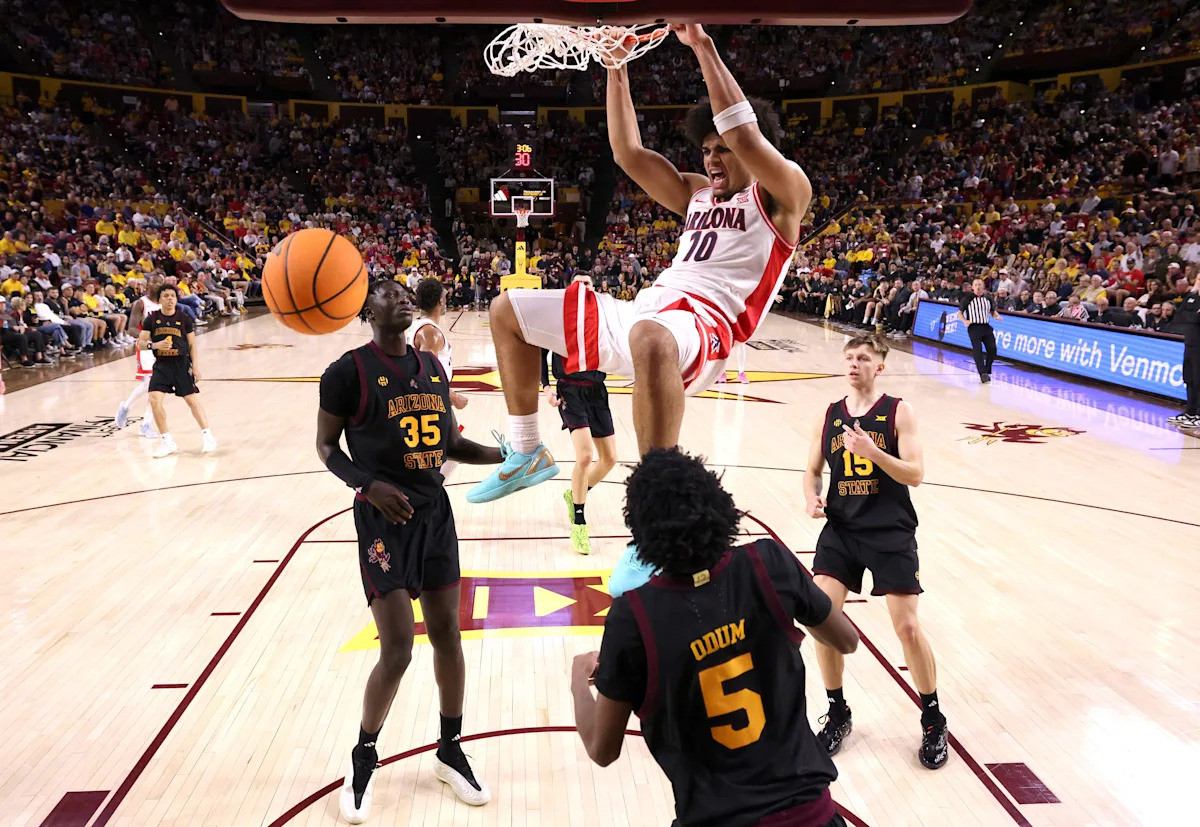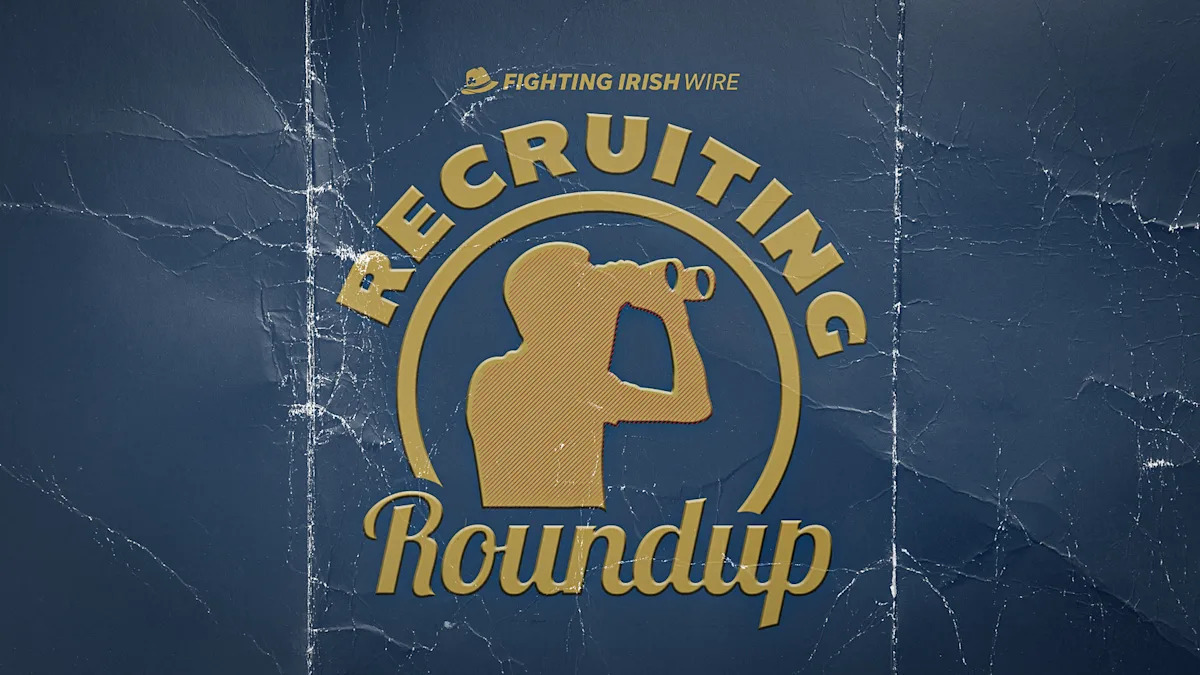John Calipari’s humanity emerged in the ESPN 30 for 30 documentary “One and Not Done,” a 2017 production that came at the height of his cartoon villain-ishness and illustrated the bonds he made with several Kentucky players who were in his program for only a year before heading to the NBA.
This comes to mind after a doozy of a comment from Calipari this week at Little Rock’s Rotary Club 99 about the transfer portal and its potential for adverse effects on the mental health of those who use it.
“If a kid transfers four times, is he gonna graduate from that school? There’s no way,” Calipari said, as shared on X in a video by KATV. “You can’t graduate. So now you’re going to be done playing, without a college degree. You have no ties to the last school you went to, where they feel that, ‘You’re from Arkansas, you played here, we’re here, you’re gonna have opportunity …’ That’s done. You’re going to be offered $55,000 in your first job, and you’re like, ‘What, $55,000? Do I have to show up? You got me an apartment, right, or a car?’
“I’m worried about mental health. Mental health. Look, I’ve been poor, and you know what’s worse than being poor? Coming across some money and then being poor again. That’s the worst.”
Coach Cal at Little Rock’s Rotary club 99 on thebiggest issue with Major College Athletics…The transfer portal. Great stuff from Coach. pic.twitter.com/hYKiPRw2Aq
— Steve Sullivan (@sully7777) July 15, 2025
First of all, I think most people on this planet would give “having money at any point” a whirl over the bliss of perpetual poverty. But the Calipari words that stick out the most for me? “That’s done.”
The guys who played one year for Kentucky, or wherever, and went pro are welcomed back forever. Part of the crew. Connections. Job opportunities. Drinks on the house. And that year was all it took to carry on a close personal friendship with the coach.
The guys who played one year or more for Arkansas, or wherever, and transferred to another school that is paying more? Traitors. No longer welcome. Rolodex is closed to them, and it’s a cash bar. It matters not how much they gave to the program, nor the relationships they built, nor the fact that both scenarios involve financial betterment. This act of betrayal cannot be forgiven.
Fans can feel this way. Coaches can’t. Or shouldn’t. But too many do. Even though many of them, Calipari without question, know well what it’s like to leave a place for another that is paying more. All of them have the opportunity.
Another thing that came to mind courtesy of Cal’s commentary: a conversation I had last year with a Power 4 head football coach about a prominent player who had left his program for another school and came back during spring ball. He was hanging out with former teammates who were close friends. The coach asked him what he was doing there.
It’s not like he was removed from the premises or anything, and it’s not like he needed that coach’s help — he’s in the NFL now. But what if he did need help? I would argue a coach has a responsibility to be available for an athlete once that athlete decides to join that coach’s program, and thereafter, if the worst thing the athlete did was depart for a better financial opportunity.
I’d argue that turning your back on someone, as a full-grown adult, for something they did when they were 19 is pretty gross. And worth using against you.
I agree with a lot of what Calipari said, by the way. And he’s far from alone. Changing schools year after year for incremental financial gain can be detrimental, both in terms of education and in terms of not having a home base — the one doing the transferring may not know where to turn. These are decisions more likely to be made by a 19-year-old, especially if that 19-year-old doesn’t have sound advice coming from their camp.
And that can’t be good for mental health, and I don’t doubt Calipari cares about mental health. I actually have my doubts he’d delete the number of a kid who left his program. There’s no question others would and do.
Which brings us back to the same place we always find ourselves when we start talking about the economics of college athletics. These are laborers. They should have protections, and if there’s going to be a cap on their pay and a limit on their movement, they must be able to bargain for that collectively.
Anyone who says that can’t be figured out — including some proponents of the latest legislative attempt to provide college athletics with an antitrust exemption — is either stupid or lying.
(Photo: Andy Lyons / Getty Images)


























